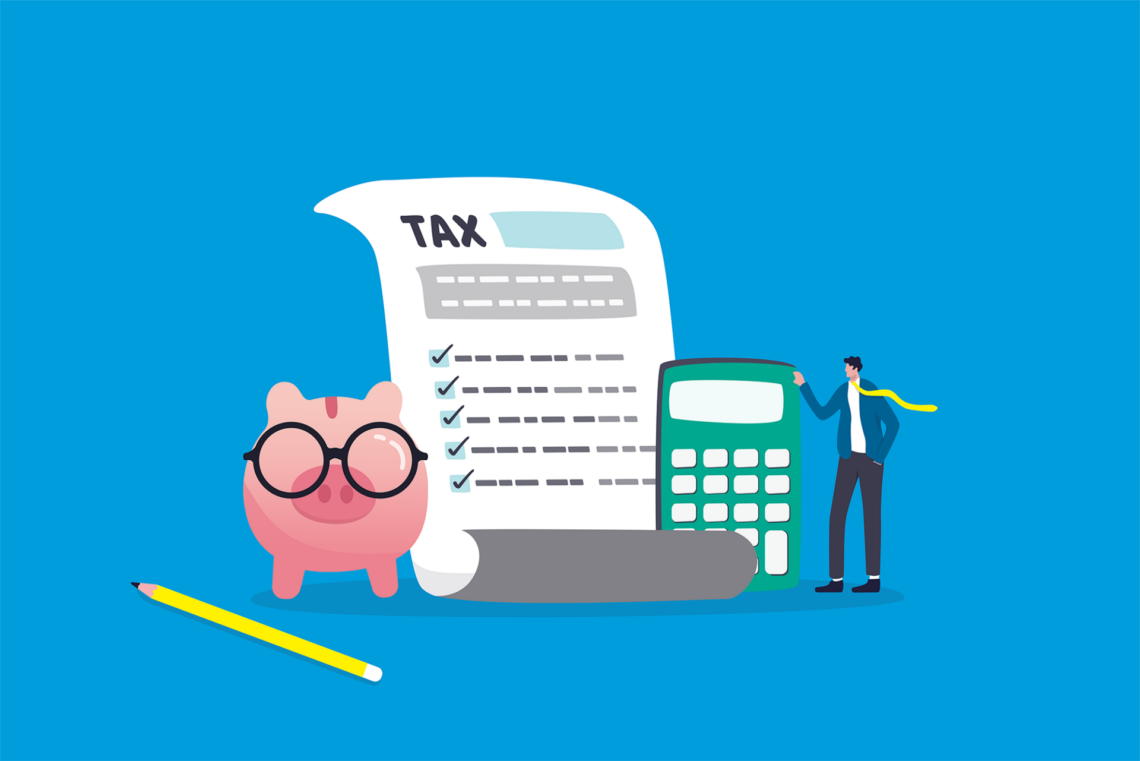Navigating the shift to remote work? Let’s untangle the tax implications together. Whether you’re an independent worker, part of a remote-friendly company, or a business owner managing a remote team, understanding the tax system is key. It might seem like a jigsaw puzzle, but armed with the right insights, you can ensure you’re following the rules and taking advantage of potential tax perks. So, let’s break it down.
Tax Residency Status
Possibly the biggest perk of remote working is the ability to work from anywhere in the world. With that in mind, it’s essential to know where you’re considered a tax resident. Tax residency can significantly impact your tax obligations, and the rules vary widely between countries. For instance, some countries determine tax residency based on physical presence. Others may consider your permanent home or intention to reside.
If you’re working remotely from a different country to your employer’s headquarters, the tax implications can become quite complex. Seeking professional advice from a tax accountant with international knowledge would be invaluable in this instance.
Working in Australia for a foreign company
Employees
If you’re located in Australia, it’s very likely that you will be considered a tax-resident. Tax residents in Australia pay tax on their global incomes, so even though the work you’re doing is for an offshore business, the income you earn is taxable in Australia.
Ideally, your employer should be registered as an employer in Australia and paying you in compliance with our tax system, including superannuation and PAYGW. Many, however, may instead require you to set up as a contractor under an ABN, effectively making you a sole-trader and responsible for your own tax and superannuation obligations.
If your employer withholds tax in their base country, and a Double Tax Agreement exists between Australia and that country, you will receive a Foreign Tax Offset for any tax paid when you lodge your tax return. You should also check if you have any tax lodgement obligations in your employer’s county.
For more information: https://community.ato.gov.au/s/article/a079s000000aripAAA/what-remote-working-means-for-your-tax-return
Employers
For those running an Australian business with a remote foreign team, there’s a few things to consider. For example, payroll taxes, employee benefits, and possibly even establishing a legal entity in the countries where your employees reside. You may wish to explore an ‘Employer of Record’ in the other country to simplify administration and obligations.
Employing sole traders or contractors may be beneficial, as it negates the requirement to register for PAYG.
Consulting with an Australian tax professional is recommended.
Freelancers and Contractors
As an Australian based freelancer or contractor working for a foreign company, you will need to check your entitlement to an ABN. Additionally, you’ll need to check whether you are required to register for GST. Keep in mind that you will also need to complete an Australian tax return at the end of the financial year.
Self-employed individuals should also be aware that they need to pay their own income tax. While this might initially seem like a burden, remember that you can often deduct certain business expenses to reduce your taxable income.
Working remotely within Australia (across states)
Working remotely within Australia, across state lines is becoming increasingly popular. Thankfully it is much easier to navigate due to Australian tax laws being established at a federal level. Your taxes will be addressed no differently to how they would be if you worked for a company within your own home state.
Home office deductions for remote workers
To be able to claim home office expenses you firstly need to be required to work from home to fulfil your employment duties. This is more than simply carrying out tasks such as occasionally checking emails. You also need to have incurred additional running costs and have records to show this.
In very limited circumstances, where you have a home office, you may be able to claim occupancy costs such as rent and cleaning expenses.
If you’re a home-based business, you may be able to claim tax deductions for the business portion of expenses such as occupancy costs and running costs. Typically, this will require you to be earning business income (not Personal Services Income) and have a dedicated area of your home set aside as a ‘place of business’. See the ATO for more information.
The simplest way to calculate working from home deductions is to use the hourly rate method. This will cover all costs including electricity, phone, internet and stationery. You can also claim depreciation on office equipment such as desks, chairs and computers. You can find more information about this method, including a record tracking worksheet, on our working from home deductions page.
An alternative method is the Actual Cost method. This is quite complex and involves keeping logbooks as well as electricity use calculations for each piece of equipment. You can find out more on the ATO website.
Travel Expenses for remote workers
Remote workers who travel frequently should ensure they have a thorough understanding of what they can and can’t claim. Expenses like travel, lodging, and meals may be deductible if they are directly related to your work (i.e. required travel directed by your employer). Keep meticulous records of these expenses, as you’ll need them to justify your deductions.
While your arrangement with your employer may predominantly be to work remotely from home, from time to time they may ask that you come into the office to complete your duties. It’s important to note that in this instance, regardless of where the office is located, you generally cannot claim your travel expenses to and from work. This situation is treated no differently to any other employee travelling to work each day, which is not tax deductible for most professions. To decide whether these costs may be deductible it is important to consider where your principal place of employment and work is stated to be in your employment contract.
Take Away Tips
Knowledge is key
By staying informed and organised, you can navigate the tax implications of remote work with confidence. If in doubt, consulting with a tax professional can offer personalised guidance tailored to your unique circumstances.
Keep meticulous records
Whether it’s receipts for business expenses, copies of tax filings, or documentation of your travel dates, having detailed records can make tax time much less stressful. Plus, in the event of an audit, you’ll be glad you have everything organised.
Seek professional advice when needed
Remember, while navigating taxes as a remote worker can be challenging, it’s not insurmountable. With a little research, professional advice, and careful planning, you can stay compliant and even take advantage of some tax benefits.
Happy remote working!





